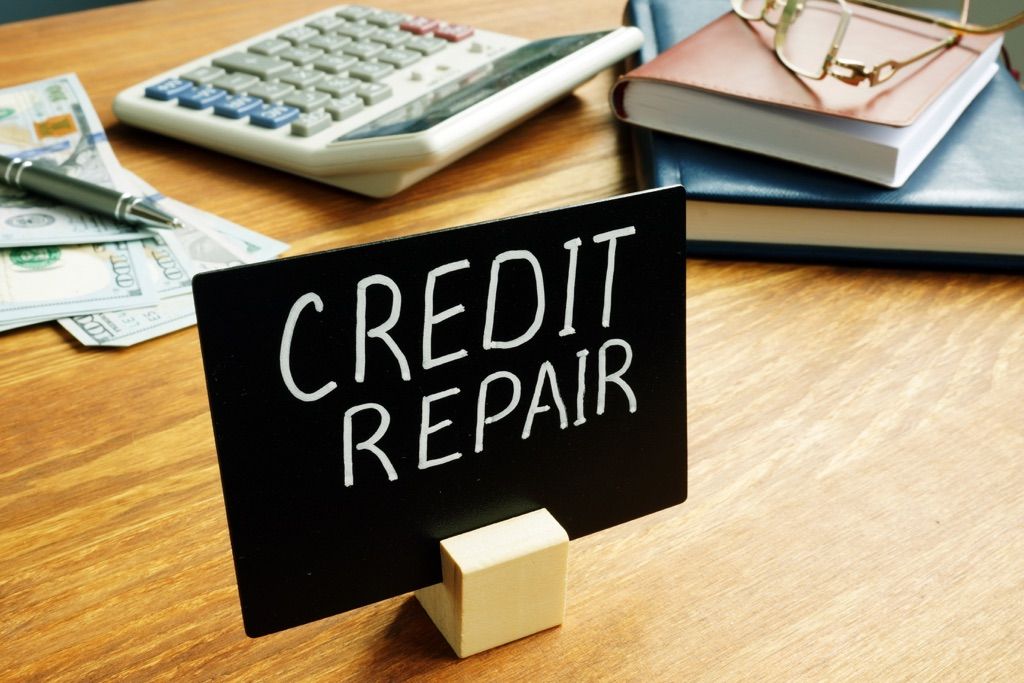Credit Repair: Should You Bother and Is It Really Worth It?
Credit repair isn't a quick or easy process, but it does have the potential for being very rewarding if you take your time and do things right.

When it comes to credit repair, there are a lot of myths and misconceptions regarding credit repair floating around. If you've done any searching, you've undoubtedly come across a seemingly endless supply of articles and ads promising quick and easy fixes on credit repair. But the truth is, credit repair isn't a quick or easy process. Remember, it takes time, effort, and a lot of patience to repair credit.
That being said, the effort you put into repairing your credit is worth it. A good credit score can save you thousands of dollars in interest over the life of a loan, and it can also mean the difference between getting approved for a loan or being denied.
Credit repair isn't just about improving your credit score; however, it's also about fixing errors that are being reported. Before you roll up your sleeves and get to work, let's go over what your credit score is and how it's calculated.
What Is a Credit Score?
Your credit score represents how risky you are to lend to. Based on that risk, lenders offer higher rates on lower credit scores, while higher credit scores benefit from lower rates.
Credit scores range from 300 to 850 and are calculated using information from your credit report.
To know where to begin repairing your credit, take a look at what makes up a credit score so you can focus on the right areas:
- Credit Payment history (35%)
- Credit utilization (30%)
- Length of credit history (15%)
- Types of credit accounts (10%)
- New credit accounts (10%)

How Can You Repair Your Credit on Your Own?
There are several things you can do to fix or repair your credit. The first step is to review a copy of your credit report, so you know where you stand. Along with fixing items that already exist on your credit report, you can repair your credit by taking positive steps going forward.
1. Review your credit report for errors and dispute any inaccuracies. Yes, mistakes happen.
2. Make all of your payments on time - all of them. Although you can't change the fact that you may have late or missed payments in your credit history, you can focus on making all payments on time from now on.
3. Keep your balances low on revolving loans (credit cards).
4. Focus on paying down your debt.
5. Don't apply for new credit unless you truly need it.
6. Don't close out credit cards you may have had for many years, as the length of credit history is one of the factors that make up your score. You can pay them off and not close them.
7. Be patient! Improving your credit takes time - don't give up.
Depending on the health of your credit and the amount of effort you're willing to put in, it can take several months or more to repair your credit.

How to Use a Credit Repair Agency Service for Help
If you're feeling overwhelmed or unsure about where to start, you may want to consider using a credit repair agency instead. It's essential to do your research to ensure you select a reputable credit agency repair service.
Before signing up with a credit repair company or agency, be aware that no one can guarantee the removal of negative, factual information from your credit report. If it's valid information, it stays on your credit report for 7-10 years. If someone starts making promises that sound too good to be true regarding cleaning your credit, it's a good idea to look elsewhere.
Credit repair companies all cost differently and there will be an associated repair cost. These credit repair companies or agencies charge a fee for their service and address areas such as:
- Incorrect spelling of a name, address
- Removing accounts that aren't yours
- Inaccurate reporting of late pays or balances
- Removing bankruptcies that aren't yours
The Credit Repair Process Takes Effort - but It's Worth It
Credit repair isn't an overnight process, but it's well worth the effort. Cleaning up your credit is important and can make your financial goals a lot easier to reach. Whether you take the steps to repair your credit on your own or get help from a credit repair agency - improving your credit will help you save money on loans and give you more financial freedom.



